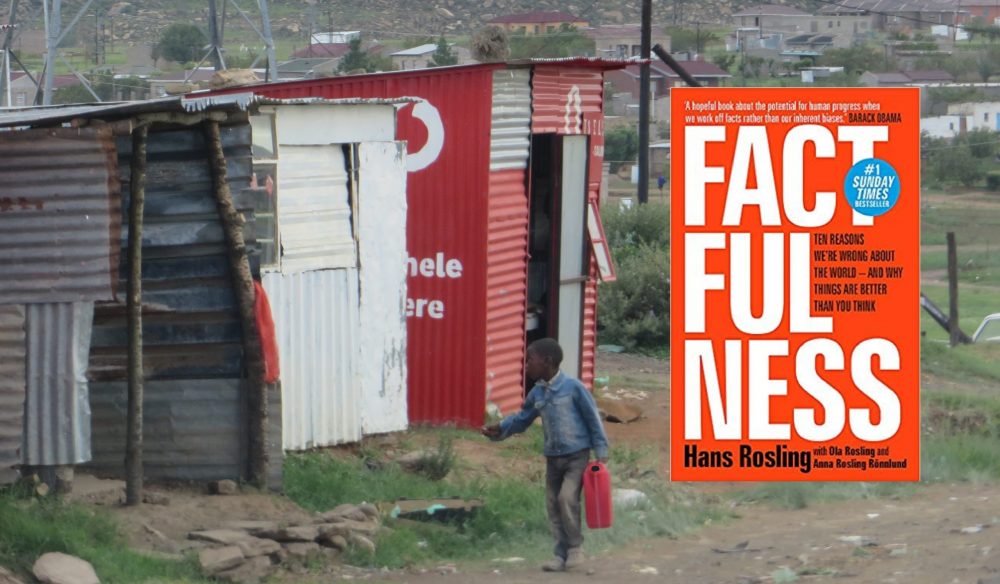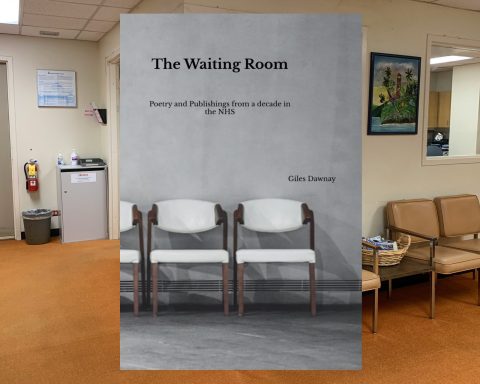 David Misselbrook is Deputy Editor of the BJGP.
David Misselbrook is Deputy Editor of the BJGP.
We all know that the world is going to hell in a handcart. And we all know that, even before Covid, international medical development was stalled due to irredeemable corruption in the third world, and that there’s no point in the average doctor thinking they can do anything about it. Anyway, most of us forgot our tropical medicine a long time ago.
Well, we all know wrong.
Hans Rosling’s book blows away most of what I thought I knew about global health. He looks at global health through a telescope, and gives a surprisingly inspiring overview.
We all know that the world is going to hell in a handcart …. Well, we all know wrong.
Forget the “third world”. Rosling identifies four worlds. Firstly, the (US) “dollar a day” world that is our image of Africa – except most of the world’s one billion truly poor no longer live in Africa. In this world you live in a block-built hut, or a single room in a town, you wear flip flops and work in the fields or a low wage factory, and your children spend much of their day carrying water.
Secondly the $2-8 a day world. You may have a semi-skilled job and a bike, you wear shoes, and perhaps there is a tap or standpipe close to your house and your kids will go to primary school.
Thirdly the $8-32 a day world. You are doing some serious social climbing, perhaps in a more urban setting. You have a motor scooter and some basic plumbing and your kids may get a secondary education.
Most of the world’s one billion truly poor no longer live in Africa.
Rosling makes the point that these four worlds are no longer countries but communities – all four can be found in pretty much any country around the world. Sure, the proportion will be different in London than in Lesotho, but you will find rich and poor anywhere, living within their own communities, often quite insulated from one another. For example, how would you categorise a city such as Mumbai? You have the super rich and the middle class living a few streets away from the slums of the desperately poor.
But Rosling also shows us convincing data demonstrating that overall the world is developing. The health and welfare of the very poor is improving as billions go from 2 dollars a day to 8 dollars a day. So, despite some of the rich becoming obscenely super-rich, overall the lives of the poorest are significantly improving, albeit not universally.
Covid has kicked us in the teeth, but let us still remember those who do not have vaccines or PPE or the chance of an ITU bed.
It is too early to know whether the setbacks from Covid to the positive developments in global health and the elimination of global poverty will be a blip or a slump. And we are all aware of the challenges to the world’s poorest from climate change. But let us remember that it is us rich westerners who invented climate change (even if China is doing its best to become a world leader in environmental degradation).
Rosling was a visionary. Let us share his commitment and his hope.
Featured book
Rosling H. Factfulness: Ten Reasons We’re Wrong About The World – And Why Things Are Better Than You Think Paperback. Pub: Sceptre, 2019. £6.99 paperback, 352pp.
Featured image by David Misselbrook, taken outside Maseru, Lesotho






